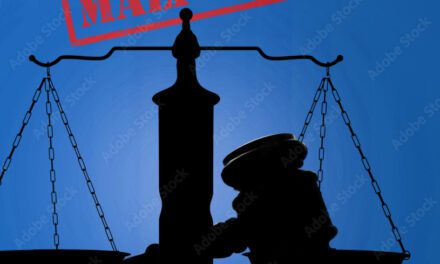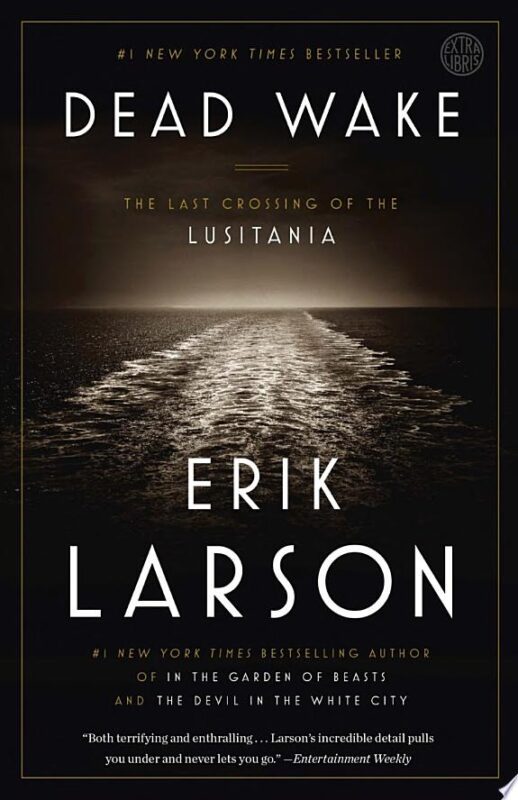Consider the case of Abbott et al. v. Chesley et al. (Ky. 2011-SC-000291-DG), decided late-August 2013, easily findable on the internet.
This case arose out of the fen-phen outrage–You Know: the one where foul stuff physically injured thousands of people and generated millions of dollars in recovered damages; that led to the disbarment of 3 Kentucky plaintiffs lawyers, a Kentucky judge, and the disbarment and forced retirement of a Cincinnati “hot shot,” Stanley Chesley. Maybe you remember him. He lives high on 3 or 4 pigs stacked up; he and his Federal District Court Judge spouse share the highest-priced house in or around Cincinnati; he’s the one that has been suspended from practice before the Supreme Court of the United States and has been forced to retire from practice in Ohio, Michigan, and Indiana. (Oh, I should have reminded you. As a rule, if state X disbars L from practice, states A, B, and C do so as well.)
Here’s what happened. The court decided on the basis of the law as well as uncontroverted and incontrovertible factual evidence, that the Kentucky lawyers involved in representing over 420 plaintiffs in their cases against the fen-phen company and who managed to cheat them out of $42M, owed their former clients what they stole from them, and that any one of them would have to pay the whole tab if the others couldn’t pone up. The trial court had decided that; the intermediate court of appeals reversed the trial court; and the state supreme court reversed the court of appeals, thereby reestablishing the judgment in the trial court.
Given its lengthy opinion, the supreme court might as well have looked at the court of appeals and said, “Good God. Have you all gone totally nuts?”
In my opinion, the only thing wrong with the court’s opinion is that it did not include Chesley, the Ohio crook, in the gang of Three Crooks and thereby making it four. In a way, Chesley’s shame is the largest of all. If the group was renamed the “Gang of the Four,” the 3 low-class runners can be discarded as minor players, even though they ended up with most of the money. The leader of the pack, the real gangster was Chesley.
He has to be sued separately. Sue him for breach of contract. Sue him for reckless malpractice. Sue him for deliberate misrepresentation. Sue him for fraud. And above all, sue for punitive damages. The jury will award this part of the lawsuit by millions and millions of dollars. Only then might this shameful insult to the nobility of the bar and the glories of our system of justice be sustained.
Still, why did Kentucky pass the matter to its neighbor? Maybe it was a matter of Bordering State courtesy. Kentucky wanted to let Ohio boil its own schmuck in oil, let the media tar him, and then hand him over to its hometown to feather him.
Alas, the strategy went amiss. The Ohio Supreme Court did what it was supposed to do: greased him up, boiled his butt, let the media tar him, and then let his hometown feather him. At this point, the plan went haywire. The town feathered him, alright. The mayor appointed Chesley to a local governmental commission looking after parts of the town’s social interaction, race matters, for example–a 21 member committee whose real (under the table) job was to provide more prestige to city supporters. Curiously the city council approved the appointment 8-0. (It seems to me that the most rational thing to do under these circumstances is to resign. Sitting on the same board is sitting next to a crook. It’s like standing on the election platform with Anthony Wiener.)
There are three alternative explanations. The 9 involved folks have a limited vocabulary and do not understand the ambiguities and subtleties in and surrounding the word “feather.” Maybe they can’t grasp the concept. Or maybe they are just “Idiots,” as the current terminology goes.
I would certainly not suggest that there was patronage, bribery, or out-and-out crookedness going on here. Such goings-on simply could not happen in a place like Cincinnati. In the alternative, I must remind the readers that lawyers have a duty not to speak ill of sitting judges; it’s contrary to legal ethics since we are officers of courts and therefore quasi-public somethings or others.






Recent Comments